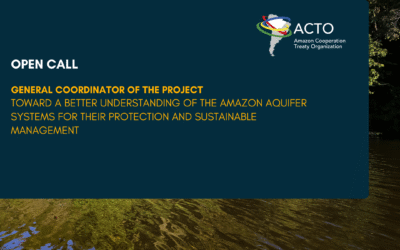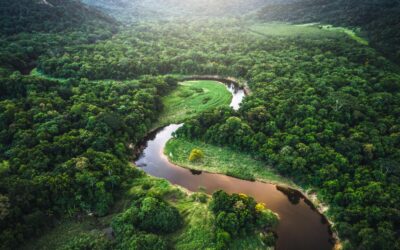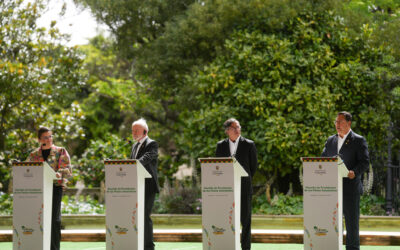Carlos Antonio Martin Soria Dall’Orso, Ph. D.
Specialist in environmental law and indigenous rights (Peru)
The ACTO, as an instrument of the foreign ministries of the region, is a multisectoral dialogue space for the development of public policy that must be strengthened, to increase the intensity, extent and frequency of its contributions, as it has done in an unbeatable way in Indigenous public policy.
Over the past decade, ACTO has significantly helped cooperation, collaboration, exchange and joint reflection on actions for the protection of indigenous peoples, especially in the case of peoples in voluntary isolation, who occupy millions of hectares of Amazonian forest pristine. These towns inhabit sets of polygons composed of territorial reserves, protected areas and concessions of various types that are, in practice, an effective means for the resilience of the Amazonian forest, an instrument of adaptation to climate change and a potential for development from the Amazon.
The delicate work of public policy in these matters, driven by a respectful, informed and technical intervention of the ACTO, allows a dialogue, frank, open and motivating that facilitates that the specialized state agencies advance in sharing learning and formulating protocols to address issues slopes.
Thus, the ACTO operates as a neutral and professional, informed and undistorted space of common governance that allows the construction of plans and actions to meet the challenges of the development of indigenous public policies, on issues such as territorial protection, health, traditional knowledge and many plus.
Under this approach, the Amazon States benefited from an ally that, from the region, thinks, acts and motivates shared learning and sincere dialogue, identifying what has worked best in the region and allowing the space to share these contributions to public policy.
The public policy agenda for indigenous peoples is an agenda that has usually advanced in periods of approach by governments to the issue. However, due to its nature as a rural public policy issue, for low-density populations; and, with very remote locations, it has been usually difficult to understand for many sectors of the States that operate rather in the urban context.
The issue of indigenous public policy in the Amazon region has been an international policy issue from contact with Europeans. In the nineteenth century it became a subject of Latin American public policy with the debate on the impact of international rubber trade.
During the Second World War and in the face of the loss of access to rubber in Southeast Asia, the United States of America and its allies returned to buy Amazon rubber. At that time, the Convention for the Protection of Scenic Beauties of the Western Hemisphere spoke to us about conservation of protected areas, while the legislation began to develop proposals for forest policy management, better expressed in the concepts of National Forests and National Reserves.
Unfortunately for 1947, European colonial powers proposed the creation of the Amazonian Hylea Institute for the management of the Amazon region, igniting the debate on the internationalization of the Amazon that would last for decades.
In 1979, the Amazonian countries, with the leadership of Brazil, decided to generate their own instrument of cooperation for development and proper management of Amazonian resources.
Since then, the most significant advances in indigenous public policy legislation were concentrated in 5 countries of the region, of which 2 of these countries concentrated most of the legislative group. While the other 3 countries had open processes of dialogue with indigenous peoples organizations for the generation of these policies.
Even so, the practice of effective field management was very restricted to a few cases. The ACTO provided the opportunity to bring together state agencies, support from regional cooperation, indigenous leaders and experienced specialists in various disciplines to advance public policy beyond the declarative normative space and establish it in the space of management practices, so necessary for the beneficiaries of public policies. Because the Amazon has been, is and should always be our comparative advantage for sustainable and endogenous development.
September 04, 2019











